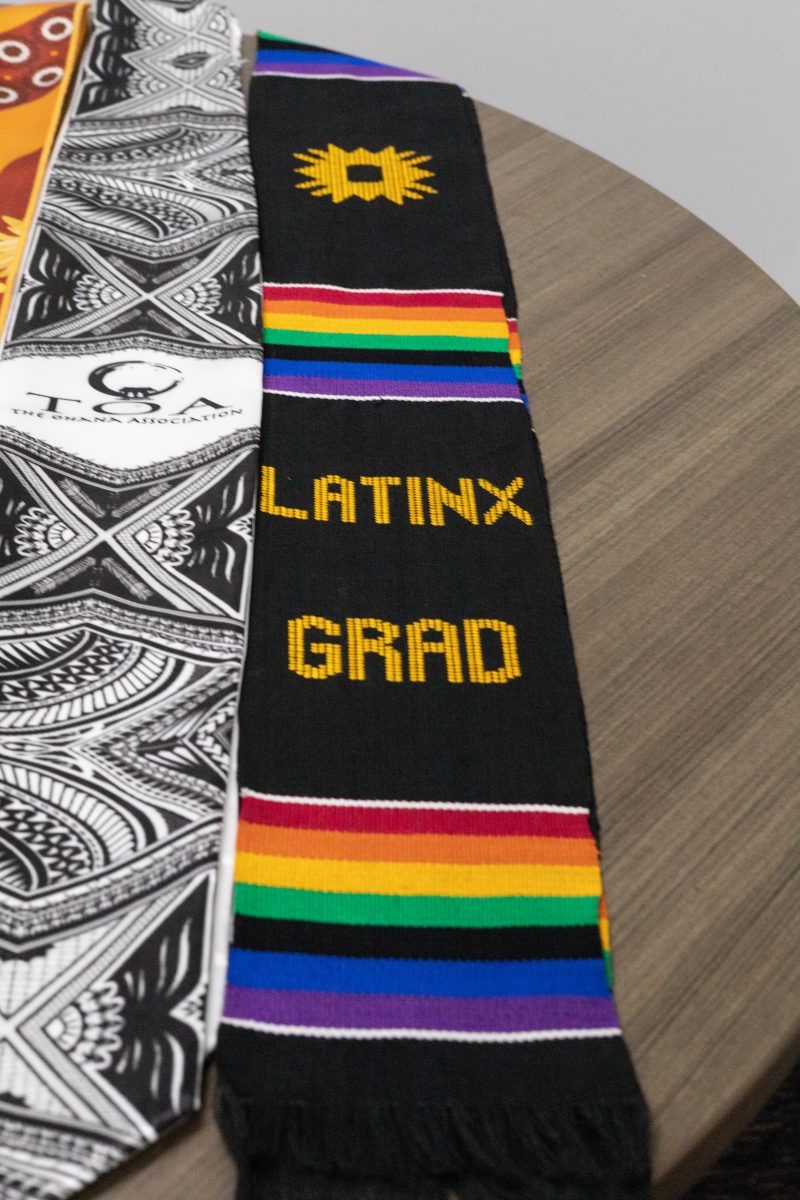Bret Ellis, vice president for information technology at Weber State University, is teaching an honors course this semester on how the iPad and other mobile technology has changed education.
Ellis approached the honors program last year to discuss whether the use of mobile technology was a more effective way of learning. Ellis established the class to study the tablet’s effectiveness and learn which wireless updates would help WSU.
The Introduction to Western Civilization course is a general education requirement for honors students at WSU. The title is “Intellectual Traditions: Great Ideas of the West in Modern Times: ‘Mobile Technology in the Classroom.’”
“I have two purposes as the VP of IT,” Ellis said. “The first is to anticipate technological requirements at the university, such as needing more wireless in the buildings, because we have more mobile activity in classrooms that need to support it. The second is to figure out what I need to do to provide support of this mobile technology.”Ellis’ students were loaned iPads for the semester for their coursework and personal use.
“I have money in my budget that is for the support of technology on campus, whether it’s to put more wires in the walls or more wireless in the buildings,” Ellis said. “I believed this was a good investment to let the students borrow these for a semester, and my idea is that these will go into the hands of support staff on campus later on.”
Many students said they use their tablets for everything, including Facebook, games and homework.
The students learn information and do activities in a traditional manner — a lecture, written quiz, in-person term paper — and then do the same activity with iPad applications. During class, they then evaluate which method was easier, helped them learn better and allowed for more retention.
For example, Ellis taught the class a list of words in Spanish. He gave the students paper note cards to study the words, then had them use an iPad application.
“With the Spanish words, they liked the richness of the mobile app,” Ellis said. “They liked hearing the word, seeing a picture, playing the games, but the versatility of the note cards was, for many students, greater than the richness of the iPad.”
Students also said, when they listen to virtual lectures or do assignments outside of class on the iPad, they get distracted more easily than if they were doing the activities in class.
“One finding that we’re seeing is that the tools on the tablet are still immature,” Ellis said. “They aren’t as rich as education that’s been around for centuries. But there are some specific things that students are saying they don’t want to give up on their iPads.”
The class often discusses how dependent they are on their iPads and mobile technology in general. Ellis showed them an article about technological offloading written by David Brooks for The New York Times on Oct. 26, 2007, called “The Outsourced Brain.”
“I had thought that the magic of the information age was that it allowed us to know more, but then I realized the magic of the information age is that it allows us to know less,” Brooks wrote.
Brooks discussed how now people do not need to memorize information because they can look it up on the Internet, phones, iTunes or GPS.
“We are studying what technology is doing to our learning and what we are offloading and what we should keep in our head,” Ellis said.
Ellis said he hopes to expand the use of mobile tablets to other campus departments and other classes.
“First, though, we need to learn how to best use this ever-changing technology,” Ellis said.














